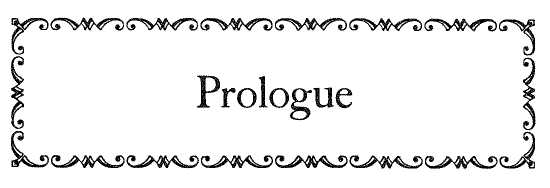Introduction
imagination. Perhaps it is not too rash to make another predic-
tion: that future readers will find food for thought and scope for
debate in The Human Condition, picking up and developing dif-
ferent strands and themes in this extraordinary book. That would
have suited Arendt very well. As she said toward the end of her
life,
Each time you write something and you send it out into the
world and it becomes public, obviously everybody is free to
do with it what he pleases, and this is as it should be. I do
not have any quarrel with this. You should not try to hold
your hand now on whatever may happen to what you have
been thinking for yourself. You should rather try to learn
from what other people do with it.3
3. Remarks to the American Society of Christian Ethics, 1973. Library of
Congress MSS Box 70, p. 011828.

In 1957, an earth-born object made by man was launched into
the universe, where for some weeks it circled the earth according
to the same laws of gravitation that swing and keep in motion the
celestial bodies—the sun, the moon, and the stars. To be sure, the
man-made satellite was no moon or star, no heavenly body which
could follow its circling path for a time span that to us mortals,
bound by earthly time, lasts from eternity to eternity. Yet, for a
time it managed to stay in the skies; it dwelt and moved in the
proximity of the heavenly bodies as though it had been admitted
tentatively to their sublime company.
This event, second in importance to no other, not even to the
splitting of the atom, would have been greeted with unmitigated
joy if it had not been for the uncomfortable military and political
circumstances attending it. But, curiously enough, this joy was not
triumphal; it was not pride or awe at the tremendousness of human
power and mastery which rilled the hearts of men, who now, when
they looked up from the earth toward the skies, could behold there
a thing of their own making. The immediate reaction, expressed
on the spur of the moment, was relief about the first "step toward
escape from men's imprisonment to the earth." And this strange
statement, far from being the accidental slip of some American re-
porter, unwittingly echoed the extraordinary line which, more
than twenty years ago, had been carved on the funeral obelisk for
one of Russia's great scientists: "Mankind will not remain bound
to the earth forever."
Such feelings have been commonplace for some time. They show
that men everywhere are by no means slow to catch up and adjust
to scientific discoveries and technical developments, but that, on
the contrary, they have outsped them by decades. Here, as in other
[ / 1
The Human Condition
respects, science has realized and affirmed what men anticipated
in dreams that were neither wild nor idle. What is new is only
that one of this country's most respectable newspapers finally
brought to its front page what up to then had been buried in the
highly non-respectable literature of science fiction (to which, un-
fortunately, nobody yet has paid the attention it deserves as a
vehicle of mass sentiments and mass desires). The banality of the
statement should not make us overlook how extraordinary in fact
it was; for although Christians have spoken of the earth as a vale
of tears and philosophers have looked upon their body as a prison
of mind or soul, nobody in the history of mankind has ever con-
ceived of the earth as a prison for men's bodies or shown such
eagerness to go literally from here to the moon. Should the emanci-
pation and secularization of the modern age, which began with a
turning-away, not necessarily from God, but from a god who was
the Father of men in heaven, end with an even more fateful repudi-
ation of an Earth who was the Mother of all living creatures under
the sky?
The earth is the very quintessence of the human condition, and
earthly nature, for all we know, may be unique in the universe
in providing human beings with a habitat in which they can move
and breathe without effort and without artifice. The human artifice
of the world separates human existence from all mere animal en-
vironment, but life itself is outside this artificial world, and through
life man remains related to all other living organisms. For some
time now, a great many scientific endeavors have been directed
toward making life also "artificial," toward cutting the last tie
through which even man belongs among the children of nature.
It is the same desire to escape from imprisonment to the earth that
is manifest in the attempt to create life in the test tube, in the de-
sire to mix "frozen germ plasm from people of demonstrated
ability under the microscope to produce superior human beings"
and "to alter [their] size, shape and function"; and the wish to
escape the human condition, I suspect, also underlies the hope to
extend man's life-span far beyond the hundred-year limit.
This future man, whom the scientists tell us they will produce
in no more than a hundred years, seems to be possessed by a rebel-
lion against human existence as it has been given, a free gift from
[ 2 ]




